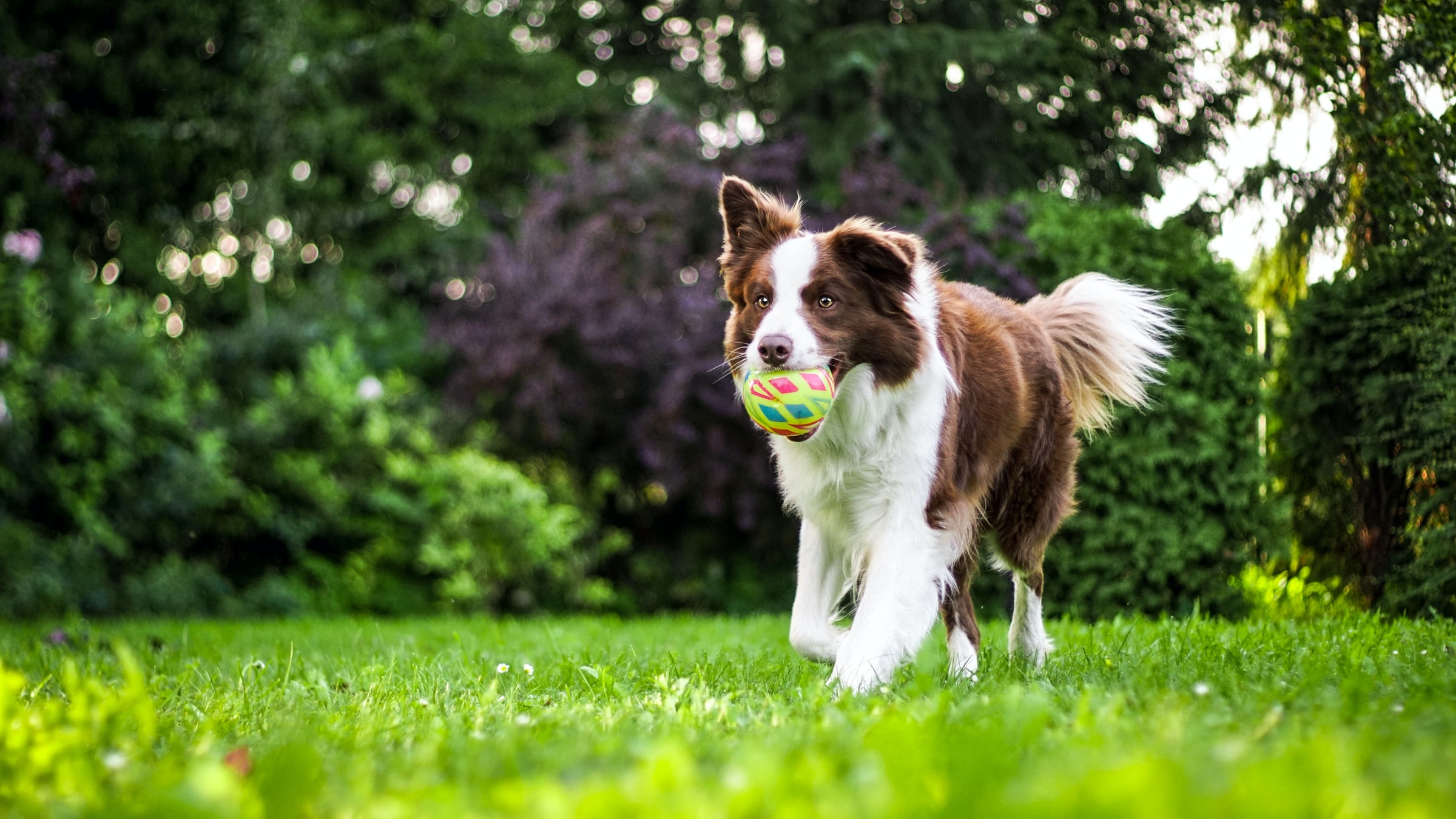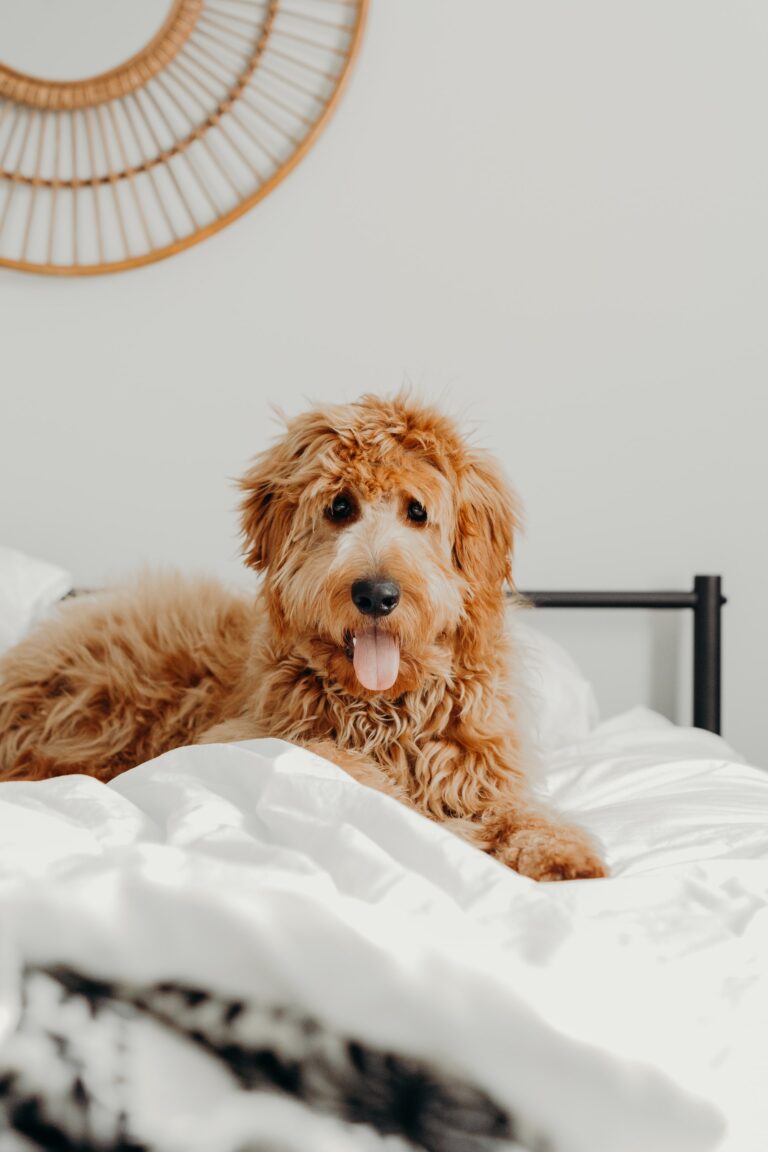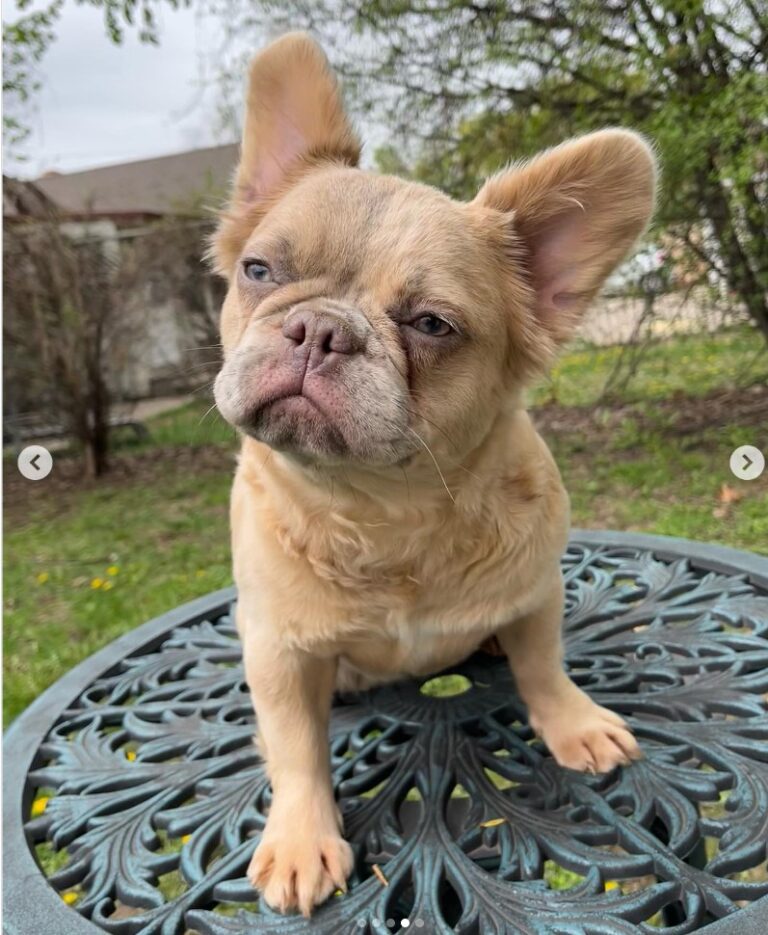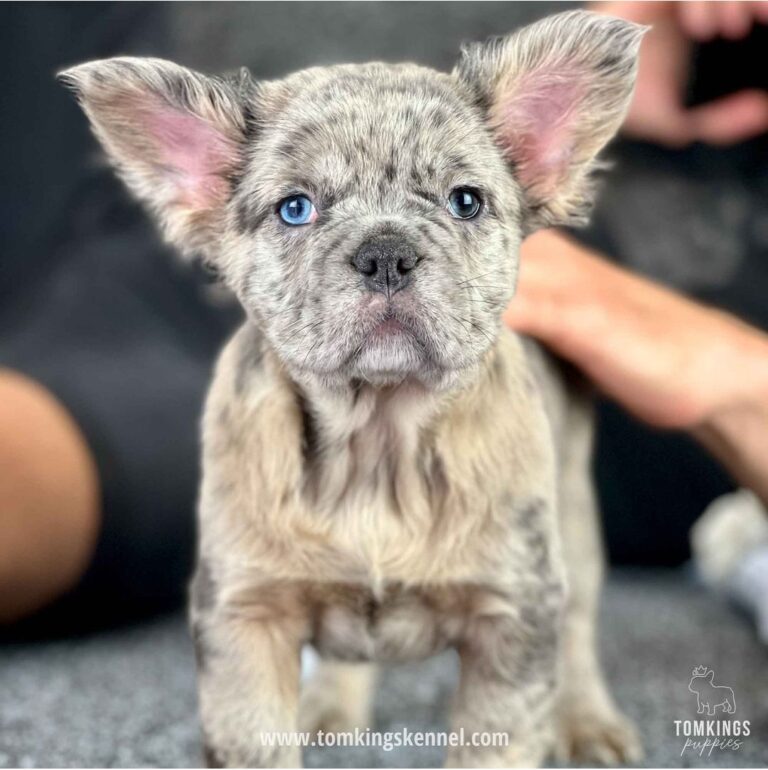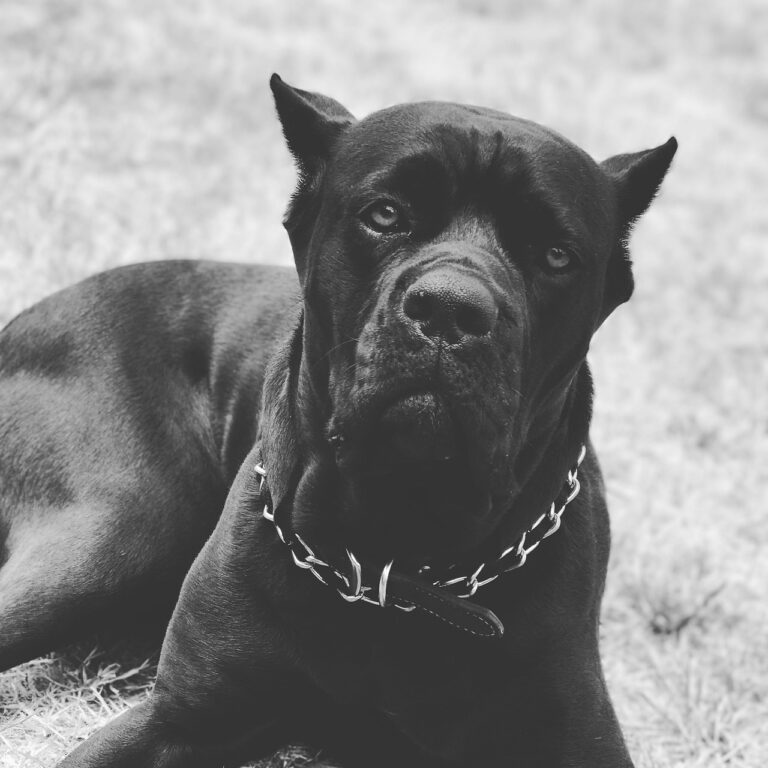What Are The Key Tips To Train A Puppy
Having an adorable puppy running around you is always entertaining. Your little fur buddy needs training, guidance, and ample opportunities for socialization.
Training your fur baby can be fun and challenging, especially when you just begin this thrilling adventure.
Here are some amazing tips to train your puppy:
- Avoid distractions while training your puppy
Let’s face it! Puppies have a very short attention span. They get overly excited by any noise or activity. Try to avoid all sorts of distractions while training your puppy. This helps you to have a focused and attentive puppy.
Start your puppy’s training in a quiet area having few distractions. Once your fur baby becomes accustomed to the training sessions, slowly move on to more distracting locations.
- Become the Alpha of your pack
Dogs are pack animals and operate on a hierarchical social structure. They need a clear leader of their pack. That’s why you have to assert yourself as the Alpha of the family.
Being a pack leader doesn’t mean that you scare your puppy to be submissive. A strong alpha leader is a compassionate leader and confident guide, not a bully. Try to earn your puppy’s confidence, loyalty, and respect. Being an alpha leader, you need to clearly define the ground rules for your puppy.
- Choose the right training equipment for your puppy
Before you begin training, get your training supplies organized. When choosing training equipment for a puppy, it’s important to consider the purpose you want the training tool to serve.
Here are a few puppy-training tools you might want to have in your arsenal.
- Clicker
- Target stick
- Treats
- Right collar and harness
- Leash
- Portable mat
These training supplies will definitely benefit you during training sessions with your puppy.
- Reward-based training
During training sessions, puppies respond better to positive reinforcement techniques. Instead of punishing your puppy for misbehaving, you need to positively reinforce good behaviors.
A reward can be anything from a yummy treat, praising your puppy, games, or playtime. It depends on what your puppy enjoys the most.
Reward-based training encourages good behavior and does more of the things you want it to do. Yelling and punishments may even lead to undesirable behaviors like fear, excessive barking, or aggression.
- Socialize your pup as soon as possible
Socializing is simply getting your puppy out and about to experience different people, sights, sounds, and situations. All canines need early socialization right from puppyhood. It’s also important that your puppy is accustomed to being handled in different ways.
Start socializing your fur baby the moment you bring it home. A well-socialized puppy usually becomes a well-adjusted adult dog. Your puppy is likely to develop behavioral problems like shyness, aggression, or fear if it’s not socialized properly.
- Be persistently patient!
It takes time and repetition for a puppy to learn new things. You need to show a lot of patience during training sessions. Be fair to your puppy by giving it plenty of time to understand what you expect from your fur baby.
Remember that you are communicating with a little canine that speaks a different language. Training your pup requires consistent messages and rules given over time. It takes some time and patience to make the training objective clear to your puppy.
- Keep it short and sweet
Just like with any kid, a puppy’s attention span is quite short. They tend to lose focus quickly. It’s important to keep your training sessions short and rewarding.
Around 3-5 minutes per session is more than enough. Anything longer, and you risk having your puppy become bored or distracted. Your puppy will learn faster with positive repetitions. All puppy training sessions should end on a positive note. Focus on having fun and celebrate your puppy’s successful behaviors.
- Don’t Train on a Full Tummy
Your adorable little puppy might become sleepy after having its meal. At this time, they’re less likely to work for their treats. Do not train your puppy on a full tummy. The ideal time for a training session is just before mealtime when your puppy is getting munchy.
- Think about hiring a professional dog trainer for your pup
Training your puppy is a long process that requires time and dedication. If you can’t devote much time to your pup, consider hiring a professional.
If you are a working dog parent, it’s better to enroll your fur baby in puppy classes. This will be a great place to help your pup with basic obedience training and socialization. Your puppy will learn basic manners and understand how to behave around people and other dogs.
You can also hire a professional dog trainer. He will evaluate your puppy’s behavior and temperament carefully and will train him accordingly. This will solve serious training crisis in the future.
- Get your puppy to respond to basic commands
The foundation of any well-trained puppy comes from a solid understanding of basic commands. Start obedience training your fur baby early and be consistent to avoid bad behavior.
Pet parent tip: Before starting your puppy’s basic training, you need to teach them to recognize their name. Choose your puppy’s name wisely!
Parting shot on training your puppy
Puppies bring an amazing amount of joy and fun to our lives. As a responsible puppy owner, you must understand how to train your little pup in an effective way.
Take advantage of this age and train your fur baby properly. He will grow up into a well-behaved dog.
Remember that while training your puppy, your patience is important. You should always reward and praise when your puppy performs well. NEVER ever punish him when he gets it wrong.
If you follow these simple tricks we have mentioned in the article, you will notice a big difference in their behavior.
Happy training!
